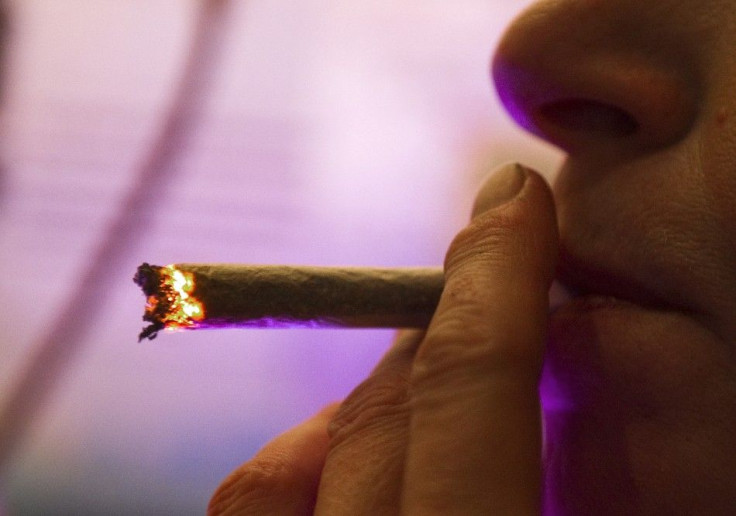Prominent Figures Urge David Cameron to Legalize Drugs

A letter from sixty major public figures, including seven former presidents, twelve Nobel Prize winners and six British MPs, has asked Prime Minister David Cameron and the UK government to consider legalizing drugs, citing that the “global war on drugs has failed”.
The illegal drug industry -- with annual revenues of £285 billion ($458 billion), making it the third most lucrative enterprise in the world, after food and oil – should be legalized so the business can be regulated and removed from the control of criminal gangs.
The letter also states that legalizing drugs would serve to decriminalize the world’s quarter-of-a-billion drug addicts.
The missive warns that such changes are desperately and immediately needed because the “use of the major controlled drugs has risen, and supply is cheaper, purer and more available than ever before.”
The letter was coordinated by the Beckley Foundation, a charity that seeks drug policy reform,
The group is also urging that governments and courts treat drug addiction as a “medical” problem, instead of a criminal violation.
“We must seriously consider shifting resources away from criminalizing tens of millions of otherwise law abiding citizens, and move towards an approach based on health, harm-reduction, cost-effectiveness and respect for human rights,” the letter states.
The letter adds: “Corruption amongst law-enforcers and politicians, especially in producer and transit countries, has spread as never before, endangering democracy and civil society.”
The signatories include, among others, former chief drugs advisor Professor David Nutt; billionaire businessman Sir Richard Branson, historian Niall Ferguson and philosopher A C Grayling.
In fact, in 2009, Nutt was forced to resign from his government post after claiming that alcohol is more dangerous than the designer drug Ecstasy.
According to the British newspaper The Daily Telegraph, Cameron has in the past shown some sympathy with the campaign to legalize drugs. In 2002, he asked the-then Labour government “not to return to retribution and war on drugs”, adding “that has been tried and we all know that it does not work.”
Amanda Feilding, the Countess of Wemyss and March, is a prominent advocate of drugs legalization in the UK.
“I think the Prime Minister has probably got the economy on his mind and not reforming drugs policy. But one must have a wake-up call that we must begin a global debate on how we minimize the harm from drugs,” she told the Telegraph.
Another leading British promoter of drugs legalization is none other than Baroness Eliza Manningham-Buller, the former chief of MI5, the UK internal security service.
Another advocate, Baroness Molly Christine Meacher, chairwoman of the All Parliamentary Group on Drug Policy Reform, told reporters: I think we need to look to the evidence. We have evidence from a lot of different countries about what works rather better than what we do in the UK. The Czech Republic and Portugal have decriminalized possession and use of small quantities of drugs. They have lower levels of problem drug use, lower levels of use of these drugs among young people, lower cocaine use, lower heroin use.”
Meacher added: It's fairly clear that you do quite well if you have decriminalization, so that's one of the policies we think needs to be looked at. We hope it will be a commission set up by David Cameron, our Prime Minister. This should be a cross-party commission in our view because we need to take the politics out of this and start looking at the evidence in a sensible way.
© Copyright IBTimes 2025. All rights reserved.




















